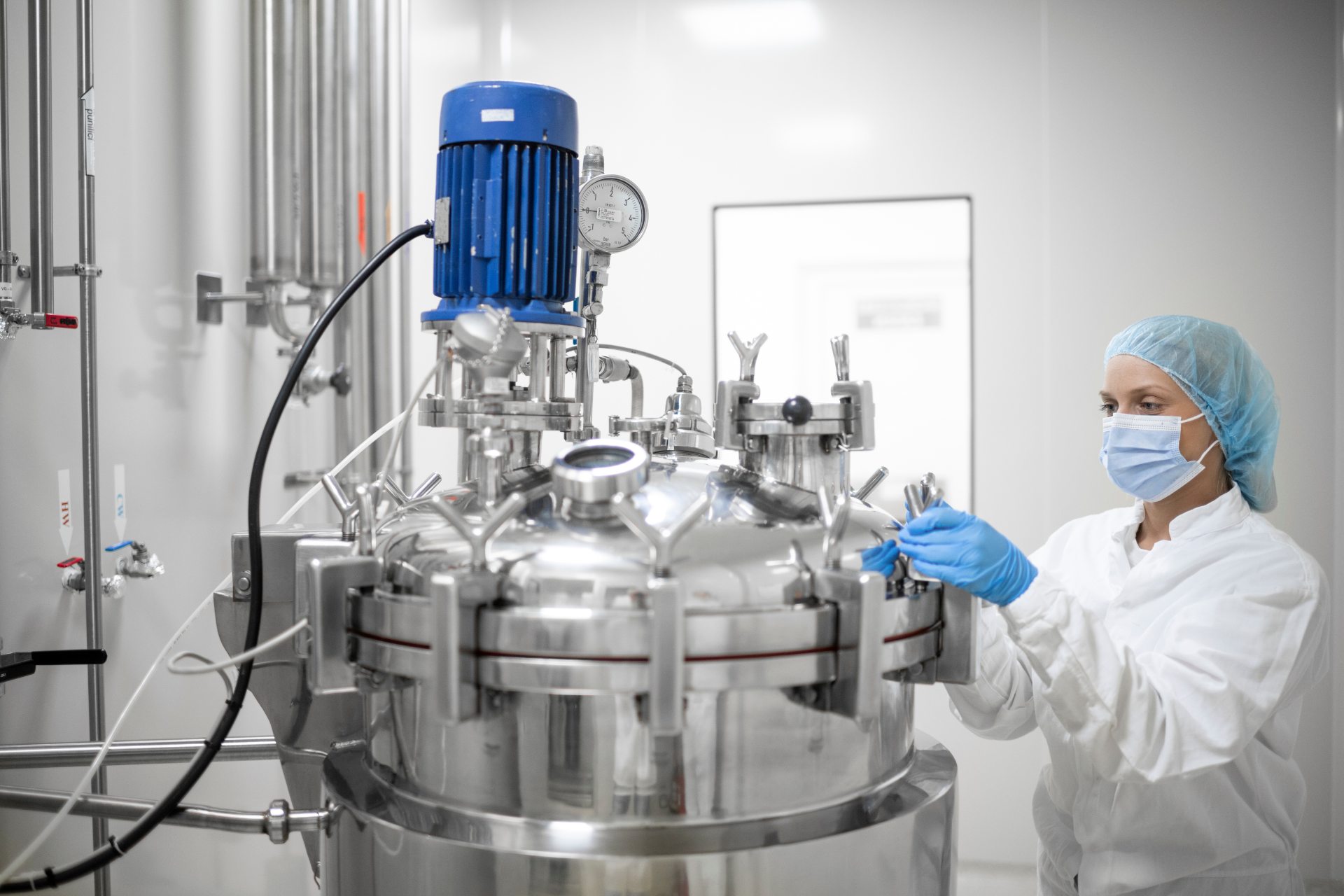MedTech AI Trends to Watch in 2025
AI is reshaping the MedTech landscape, driving advancements that are revolutionizing diagnostics, treatment, and healthcare delivery.
By 2025, AI is expected to generate significant cost savings, estimated at $100 billion, for the healthcare industry, while improving patient outcomes and operational efficiency.
This blog delves into key trends, challenges, and future possibilities of AI in MedTech, with actionable insights for professionals in the field.
AI-Powered Diagnostics and Decision Support
AI has become indispensable in diagnostics and clinical decision-making, with a significant rise in AI/ML-based technologies approved by regulatory bodies such as the FDA.
For example, in radiology, AI-powered tools streamline workflows by analyzing vast amounts of patient data, including imaging scans and lab results, with remarkable precision.
A deep learning model used in cervical cancer screening achieved a 91% accuracy rate, outperforming traditional methods.
AI decision-support systems assist clinicians in personalizing treatment plans and predicting patient outcomes. This minimizes errors, reduces physician burnout, and accelerates diagnoses.
As AI continues to evolve, it has the potential to extend specialist diagnostic expertise to primary care settings, enhancing accessibility and equity in healthcare delivery.
Wearable Health Tech and Smart Monitoring
The integration of AI with wearable devices is redefining remote patient monitoring (RPM).
Smart devices now track vital signs and analyze trends for chronic conditions like diabetes and heart disease, enabling timely interventions.
For instance, AI algorithms can identify early signs of heart disease from wearable sensors, potentially averting serious complications.
Additionally, AI enhances telehealth by providing real-time data insights, making healthcare accessible to remote and underserved populations.
The ongoing advancements in Internet of Medical Things (IoMT) sensors, combined with AI capabilities like machine vision and ambient listening, further improve patient care and clinical workflows.
Personalized and Precision Medicine
AI is central to the rise of personalized and precision medicine, tailoring treatments to individual patients based on their genetic makeup, medical history, and lifestyle factors.
By analyzing large datasets, AI can predict future health outcomes and recommend targeted therapies, improving efficacy and reducing side effects.
In drug discovery, AI accelerates the identification of promising drug candidates by predicting molecular behavior.
This significantly reduces time and costs, expediting the development of new treatments. As these innovations continue, the potential for AI to revolutionize treatment protocols becomes increasingly clear.
Challenges Facing AI in MedTech
While AI offers transformative benefits, its implementation is not without challenges:
- Data Quality and Bias: AI models require high-quality data, yet medical data is often fragmented or incomplete. Bias in training datasets can lead to inaccurate predictions, exacerbating health disparities.
- Regulatory Hurdles: Navigating complex and evolving regulatory frameworks across different regions poses significant challenges for MedTech companies.
- Data Privacy and Security: With the increasing reliance on patient data, ensuring robust cybersecurity measures is critical to prevent breaches and maintain trust.
- Ethical Concerns: Transparency in AI decision-making is essential. Patients and clinicians need clarity on how AI arrives at its conclusions, ensuring accountability and informed consent.
The Future of AI in MedTech
Looking ahead, AI is set to transform healthcare in unprecedented ways:
- 3D Printing and Bioprinting: AI is optimizing 3D printing technologies for creating custom prosthetics and implants. Bioprinting, a cutting-edge advancement, holds promise for organ transplantation and regenerative medicine.
- Healthcare Robotics: AI-driven robotics are enhancing surgical precision and enabling minimally invasive procedures. Robots assisting in elder care and daily tasks are also improving quality of life for aging populations.
- Preventative Medicine: AI’s predictive analytics can identify risk factors for diseases, enabling proactive interventions that improve long-term outcomes and reduce healthcare costs.
Global Regulatory Landscape
AI’s adoption in MedTech is influenced by varying regulatory standards worldwide:
- USA: The FDA focuses on transparency and bias management, with guidelines for post-market oversight of AI-enabled devices.
- Europe: The EU AI Act establishes comprehensive regulations for AI applications in healthcare.
- Asia-Pacific: Countries like China and Singapore emphasize data security and responsible AI deployment.
Navigating these frameworks requires early planning and collaboration with regulatory bodies to ensure compliance while fostering innovation.
AI in MedTech is driving a paradigm shift, offering unparalleled opportunities to enhance diagnostics, treatment, and patient care.
However, to unlock its full potential, stakeholders must address data quality, regulatory, and ethical challenges.
By fostering collaboration and maintaining a balance between innovation and patient safety, the MedTech industry can harness AI to deliver transformative healthcare solutions.
To learn more about how AI is shaping the future of MedTech, contact our experts today.











